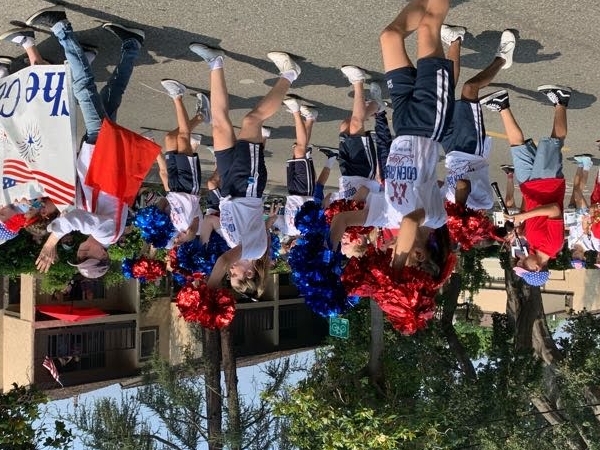Summertime Learning

Do not train children to learn by force and harshness, but direct them to it by what amuses their minds, so that you may be better able to discover with accuracy the peculiar bent of the genius of each. -Plato
These weeks of summer are ideal for discovering and nurturing what amuses the minds of our individual children. While many educators and officials are worried about traditional “summer losses” and, this year uniquely, about “pandemic losses” brought on by months of remote learning and social isolation, summer is not the time to demand children master lists of facts, numbers, or formulas.
Rather, summer should be a model for the “Learning Labs” and “Innovation Centers” that exist on many school campuses. These centers provide educators, environments, and materials that encourage learning through imaginative play, innovation through positive collaboration and cooperation, and the discovery of solutions by motivating curiosity and determination.
We are excited about undertaking the building of our own innovation center in the coming years but have have also discovered that inspiring educators, imaginative play, collaboration and cooperation, and curiosity and determination, are not confined to specific people, places, or times.
Take, for instance, the annual Fourth of July Parade in Sierra Madre, which Gooden participates in yearly. Parade officials, teachers, parents and guardians (alumni, current, and new), students (alumni, current, and new) cooperatively solved problems and learned a great deal about marching, timing, playing, shouting, and staying safe all while having exhausting fun.
Some of these participants had never met, some had not seen one another for months. As the situation was fluid, the intended plans of many adults and children had to be abandoned, and people of all ages stepped up to collaborate and suggest solutions. First and second-grade students carried a heavy banner and led the Gooden entourage (with adult help); they learned to wave, weave, and walk in step, and to stop and slow when vehicles ahead of them did so. The cheer squad marched behind them, modulating the distance between themselves and the students in front and behind, and on the fly learned how and when to perform their routines so that the crowds could hear them (during those moments when the band was not playing). Behind the cheer squad, the students and teachers on percussion and winds marched, played, and kept time together; they did not step on one another or on the heels of the students in front of them.
The adults learned just as much! Adults mastered walking backward to film and take pictures; one drove the school van filled with water bottles, and others pulled wagons for tired little ones. Some even walked alongside the entourage, encouraging students to do their best. Others, whose children had stepped up to help and perform, rode their children’s scooters to ensure they caught up with their performers. All the adults modeled good-humored, collaborative, and inclusive problem-solving, and they assumed - and celebrated - the successes of the students. The students observed this, and as they were invited to collaborate too, they learned that this is how innovation occurs and problems are solved and that their curiosity, opinions and unique gifts are appreciated and contribute to the creation and success of a solution.
Students should experience such learning every day, and it is up to adults to ensure that it happens and that student voices are heard. No doubt teachers have recommended reading and math review over the break; it is good advice but is not intended to be cumbersome or take the joy out of summer fun. As you think about what your student should do over the summer, be sure that you find activities or programs that provide rich opportunities for imaginative play, positive and inclusive collaboration and cooperation, and adults who are intentional in providing such experiences for students.
Jo-Anne Woolner is the head of school at Gooden. She has served the school as interim head of school, director of the Middle School, registrar, and teacher of English, social studies, and Latin after originally joining the school community as a parent of four Gooden students. She received her Bachelor of Arts/Science in English from the University of Calgary (Canada) and Master of Arts in medieval history and languages and Master of Philosophy in Catholic Church history from New York University. In addition to teaching at NYU before moving to California, she has been a presenter at regional independent school conferences and has been a volunteer and board member at several community-based nonprofits in Pasadena.

